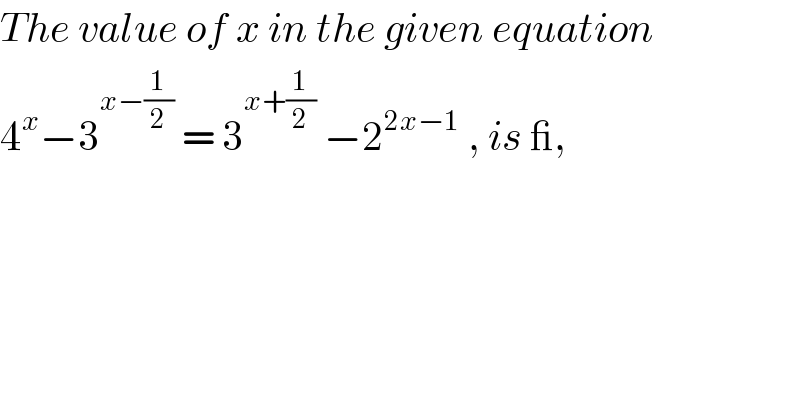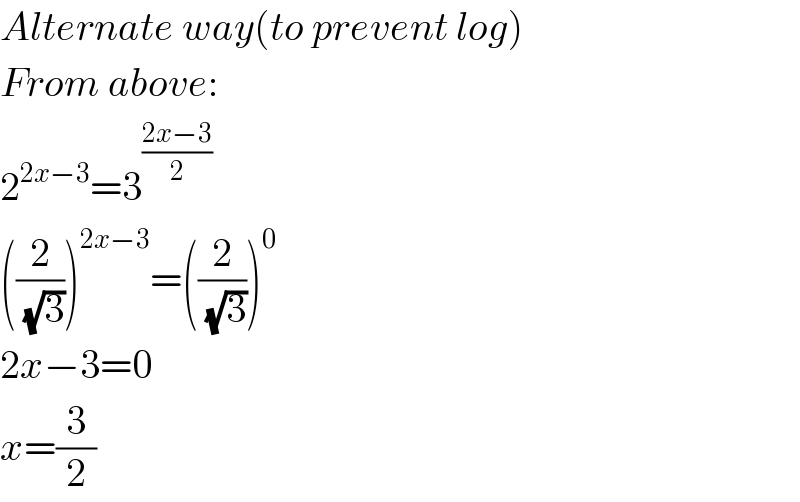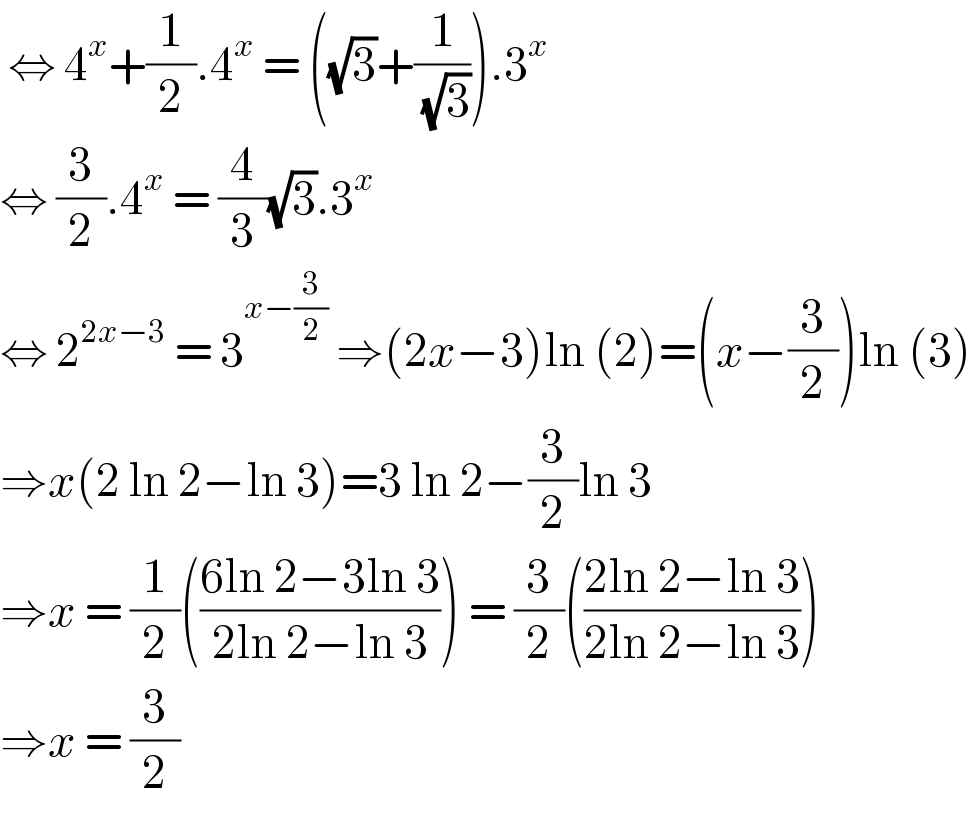Question Number 114551 by bemath last updated on 19/Sep/20

Commented by Dwaipayan Shikari last updated on 19/Sep/20

Commented by Rasheed.Sindhi last updated on 19/Sep/20

Commented by Dwaipayan Shikari last updated on 19/Sep/20

Answered by bobhans last updated on 19/Sep/20

Commented by bemath last updated on 19/Sep/20

